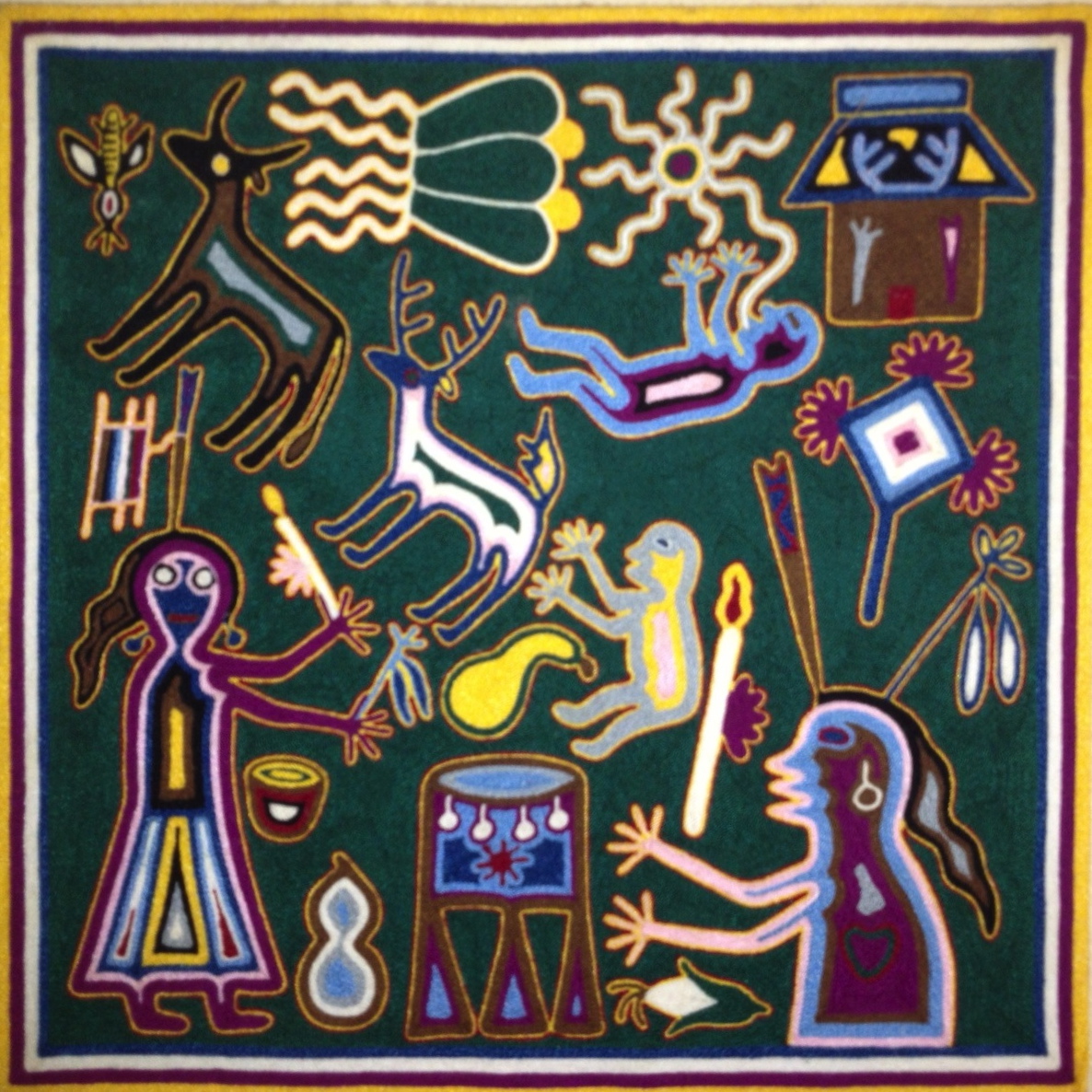
|

|
- Research
- People
- Information For:
- Contact
Welcome to the Cognitive Development Laboratory!
In the Cognitive Development Laboratory we conduct psychological research on social and cultural contributions to the development of children's thinking. The laboratory is directed by Professor Mary Gauvain and it is located in the Department of Psychology at the University of California, Riverside.A fundamental question about human cognition underlies our research: How do children grow up to be competent members of the community in which they live? To answer this question, we use a range of research methods both in laboratory and naturalistic settings to study how children's experiences with other people and with cultural tools contribute to the acquisition, organization, and use of knowledge and cognitive skills. In our research, we have examined children's participation in everyday activities, family and peer processes when children work with others on cognitive tasks, and children's understanding and use of cultural tools that support thinking. Our studies have focused on the development of planning and problem solving skills, spatial cognition, and, most recently, children's knowledge of water and food contamination in Western and non-Western communities.

